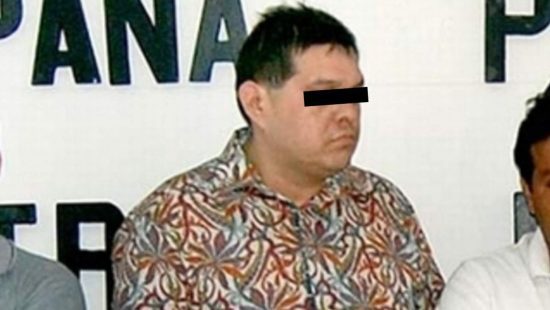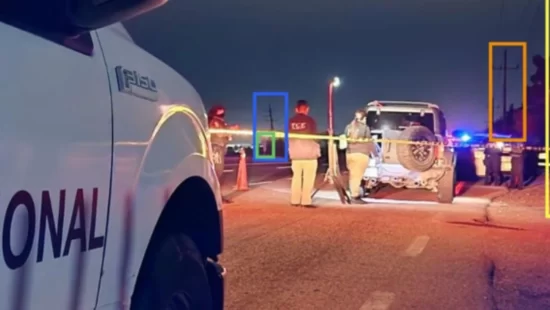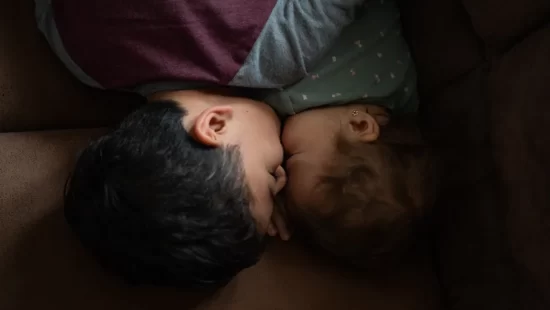The threats are already known: Donald Trump was going to be the architect of the “largest deportation in history.” The Republican didn’t want sanctuary cities or places; Los Angeles was the same as a school or a church. The entire state was going to be directed against the supposed internal enemy. And the outcry became so loud that it hid part of the reality. Since it took office in January, the new United States administration has sent 56,300 Mexicans to their country of origin, according to Claudia Sheinbaum’s government. In that same period, but in 2024, almost 82,000 were returned, according to the Ministry of the Interior. In other words, compared to Democrat Joe Biden, Trump has deported 30% fewer Mexicans.
The figures were released this week by Arturo Medina, Undersecretary of Human Rights, Population, and Migration: from January 20th to the present, 56,298 people have been repatriated, some 12,300 arriving at the AIFA airport in the State of Mexico, Villahermosa (in Tabasco), and Tapachula (in Chiapas). Double that number, more than 24,000, were received at the reception centers set up on the border. No details have been released about the rest.
These reception spaces—there are 10 across the northern part of the country, from Tamaulipas to Baja California—were prepared to simultaneously serve 25,000 people. This hasn’t been necessary. When you count the number, since Trump took office in the US, an average of 383 people have been returned per day. The facilities, like the giant tents in the Ciudad Juárez desert, look empty and unused. So much so that two of them, in Nuevo Laredo and Nuevo León, will be relocated to Tapachula and Villahermosa, the main ports of entry for migrants and also the cities to which deportation planes fly.
These reception centers were the central part of the México Te Abraza program, conceived by Sheinbaum in response to the threat of mass deportation of Mexicans. This welcome included room and board at these facilities, psychological and medical care, a card worth 2,000 pesos (about $100), an internet chip, and assistance with educational procedures or registration for the Mexican Social Security Institute (IMSS) medical service.
This reception program was not in effect last year, under the administration of Andrés Manuel López Obrador, when 81,946 Mexicans were returned from the United States from January to May, according to statistics from the Migration Policy Unit. Of those, nearly 9,400 were children. In the last five years, Mexico has been the country with the highest number of detentions and deportations from the United States. There are 38 million Mexicans officially residing in the country.








